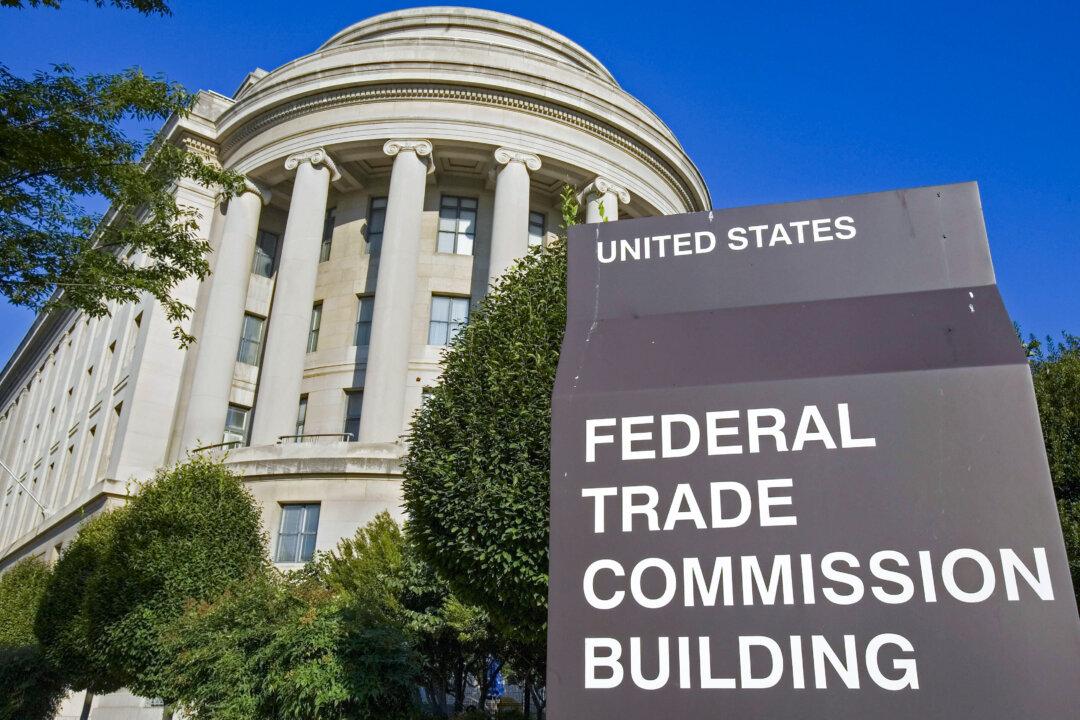Used car company Vroom will pay $1 million to settle allegations made by the Federal Trade Commission (FTC) that it misled consumers into believing it had inspected all vehicles before listing them, and failed to ship automobiles on time.
Announcing the settlement on July 2, the federal agency said in a statement that the settlement money will be used to refund consumers harmed by the Texas-based company’s “unlawful practices.”




